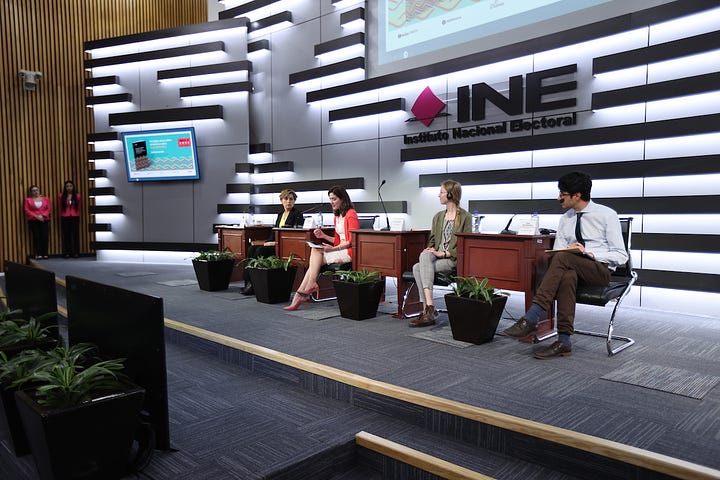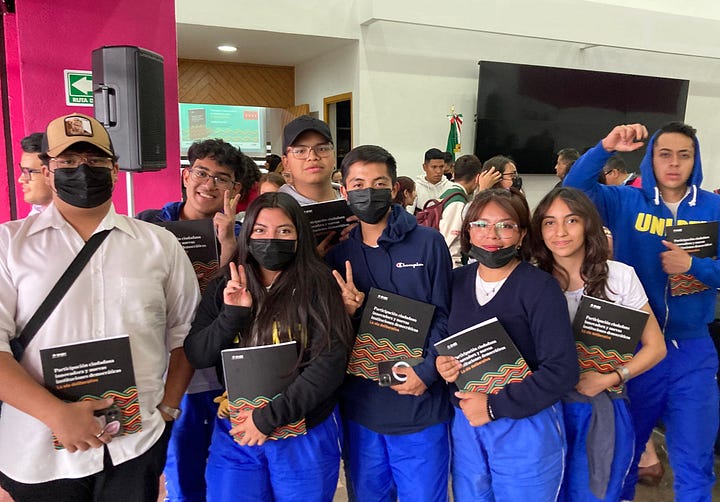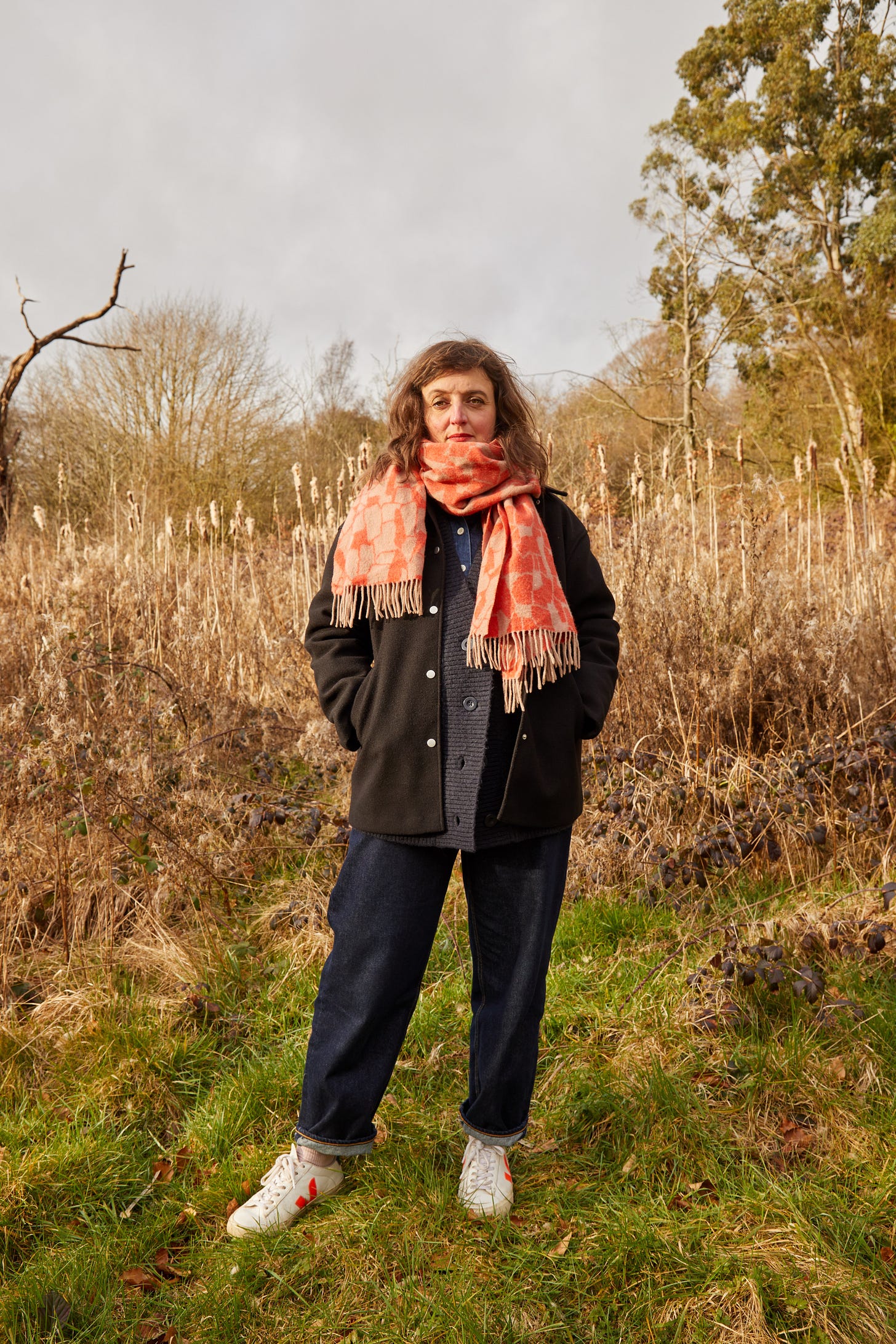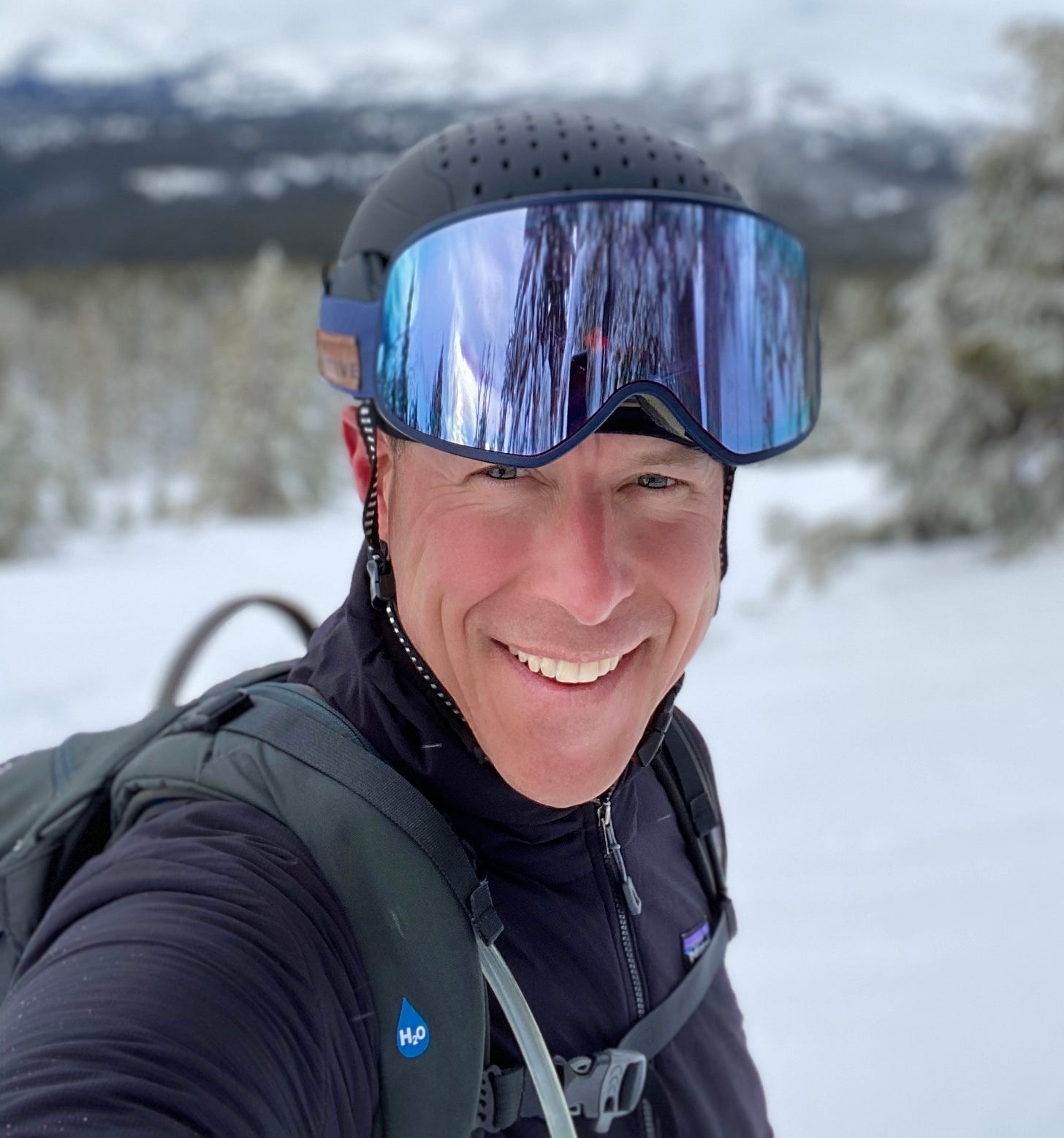Hola! Launching the Spanish translation of "The Deliberative Wave" in Latin America
Officials from Mexico's electoral agency say Citizens' Assemblies can strengthen democracy


Latin America has seen its share of upheaval, rollback, and renewal in recent decades when it comes to democracy. Some leaders — even after ascending to office in free and fair elections — have been embroiled in scandal. Ongoing political conflict, as in so many places, leaves people feeling understandably angry, apathetic or abandoned. According to the Inter-American Development Bank, fewer than 3 in 10 people in Latin America trust their government, the lowest rate compared with other regions in the world.
Of course nobody is satisfied with this situation—to the contrary, citizens urgently want to develop solutions. Many of them are taking action to create Citizens’ Assemblies and other mechanisms for greater agency and dignity.
Last month, we were invited to Mexico to join the Instituto Nacional Electoral (INE), the country’s electoral agency, for the launch La Ola Deliberativa, the official Spanish translation of the seminal 2020 OECD report, “Catching the Deliberative Wave.” The report and an accompanying database, authored by our founding team Claudia Chwalisz and Ieva Česnulaitytė, documented nearly 600 proven examples of Citizens Assemblies around the world.
In Latin America, these bodies of engaged citizens have tackled everything from corruption to garbage collection.
For example, in Chihuahua, Mexico, a forty-person Citizens’ Jury—randomly selected by lottery—convened a series of meetings and released a comprehensive 35-part State Anti-Corruption Policy designed to combat corruption, crime and violence.
Meanwhile in Fortaleza, Brazil, dozens of citizens joined a Citizens’ Council which deliberated on issues related to waste, recycling and public health before presenting findings directly to elected leaders.
Mexico’s INE intends to build on these examples. At our joint event on May 9, INE’s Consejera Electoral Dania Ravel Cuevas said:
The new forms of democratic institutions that arise through the so-called "deliberative wave" are a novel modality of citizen participation whose objective is to promote dialogue and deliberation in the political sphere, by allowing people to get involved in decision-making and, therefore, in the transformation of their society.
Read the rest of INE’s press release in Spanish here. Lea el comunicado de prensa completo de Ine en español aquí.
We are grateful to INE and the Mexican government for their support of these key democratic concepts, and for producing such a beautiful translation of the OECD report that can be used in Spanish-speaking countries around the world. We also want to express our appreciation for our board member Felipe Rey Salamanca of Colombia and to Sofía Castillo, a Mexican human rights activist with the SUR Institute, who joined us for the event. Further, while in Mexico City, we had the opportunity to meet with staff from the National Endowment for Democracy and the Open Society Foundation, whose indispensable support makes this work possible.
Plus, we had the chance to participate in a productive “17 Rooms” Workshop, ably hosted and facilitated by PeoplePowered. This event was a great opportunity to share knowledge with organizations in the democracy-building field and to hone in on some key areas of potential collaboration with innovative groups like Extituto of Colombia and the Institute of Public Finance of Kenya.
At DemocracyNext, we often discuss examples of institutionalized Citizens’ Assemblies in Ireland, Belgium and France because there is much to learn from them, but make no mistake: The core principles around fairness, agency, complexity, sortition and deliberation are both applicable and adaptable in countries the world over, and are already in use in diverse local contexts, where there is also much to learn from. This includes the great breadth of countries and peoples sometimes grouped together as the “Global South” where, after all, the majority of humanity lives. Indeed there may be opportunities to leapfrog over the the dominant, faltering democratic paradigm of elections and political parties. For more on this possibility, read Ieva’s recent op-ed on Ukraine and Eastern Europe.
We’ll continue to share updates on this work as it develops, and as always, please reach out if you have questions or see an opportunity to work together.
👨👩👧👦 Our team is continues to grow!
Lucy Reid is our new Chief Operating Officer. With over twenty-five years’ experience in heritage, the arts and journalism, Lucy was previously an Assistant Director at the National Trust in the UK, where she led operational teams, major projects and created the Trust’s first holistic city strategy in Birmingham.
We feel very fortunate to have Lucy joining our staff—please welcome her.
Matt Abrams is joining our illustrious international advisory board.
Matt is a technologist, investor, advisor, board member, and outdoor adventurer who inspires startup founders and C-level executives to think bigger and bolder. His expertise and focus is centered on investing in, advising, and solving problems across our Information Ecosystems & Environments (Information Quality, Mis/Disinformation) and stems from a long career in Enterprise Data & Analytics, Artificial Intelligence (AI) & Machine Learning, Information Quality & Integrity, Security, and Healthcare. He has spent 30 years in the technology industry working across various Government, Healthcare, Startups, Enterprises and Venture Capital Funds and organizations. He has served as a General Partner and Venture Partner at Venture Capital Funds and, as an Operator, has co-founded companies and led product teams, industry standards bodies, and engineers in companies ranging in size from 20 to over 100,000 employees.
Matt is the Co-Founder of and a Strategic Advisor to Graphite Health. He currently serves as Board Chair and a Board Member across several startups and as a Venture Partner at Atypical Ventures and TFX Capital.
Matt is on the board of Northwestern’s Master of Science in Analytics (MSiA) program and has been a guest lecturer at Northwestern’s Kellogg School of Management and Northwestern’s McCormick School of Engineering, where he holds a Bachelor of Science in Computer Engineering. He is passionate about “leaving it better than he found it”, and when he’s not immersed in reading, working with entrepreneurs and innovators, or juggling two kids, you can find him traversing the backcountry mountains of Oregon in the US.
Plus, don’t miss:
Reflecting on Brexit, the Financial Times’ Martin Wolf has come out strongly for Citizens’ Assemblies—or juries, as he calls them, in a May 28 column:
After my experiences as a juror, I have come to share the view of Alexis de Tocqueville that juries are a fundamental institution of citizenship. Given time and open debate, ordinary people show great perspicacity. Lacking the ambition for power, they could contribute hugely to our public debates.
Washington was right: factional conflict is not the only way to implement democracy. We should add the voices of ordinary people, on whose behalf democracies are supposedly governed.
Our own Claudia Chwalisz appeared on France 24’s “Perspective” program last week. Watch the whole segment here.






